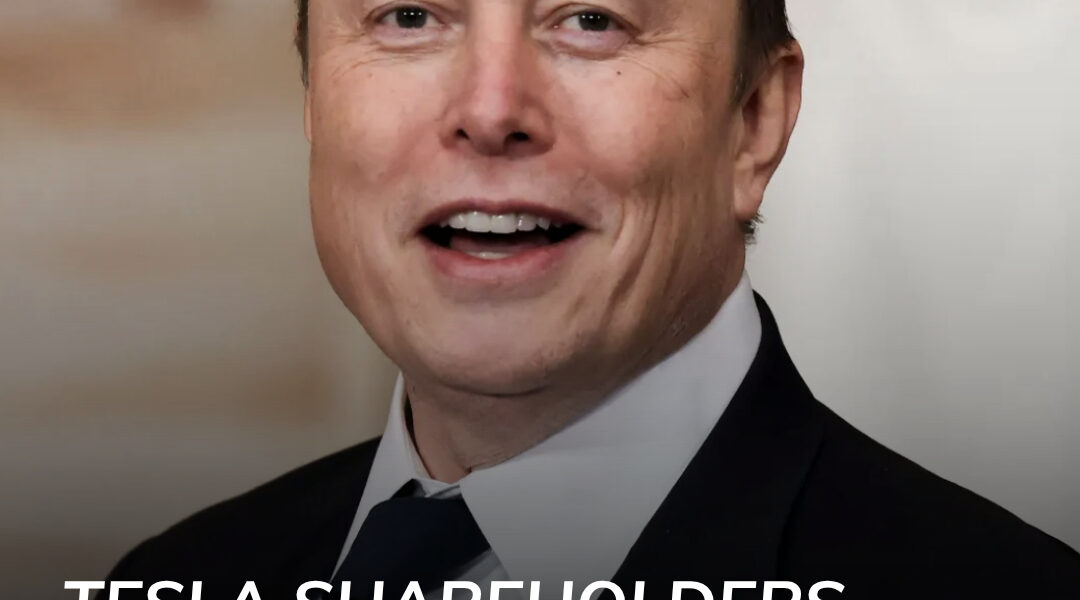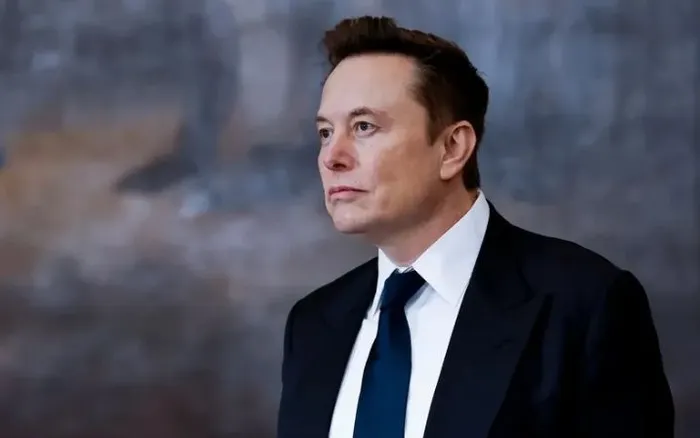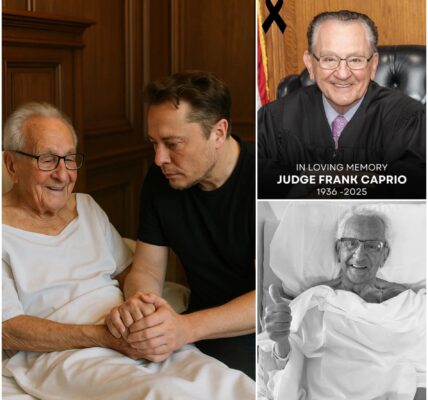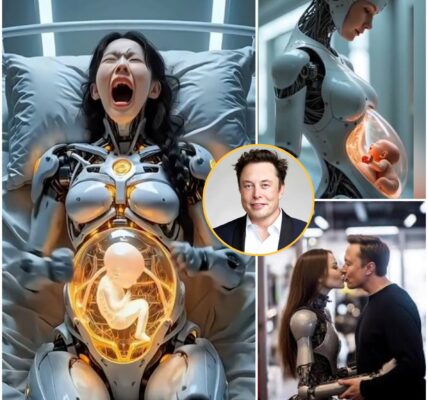Tesla Shareholders Approve Record-Breaking $1 Trillion Pay Package for Elon Musk — The Largest Executive Compensation Deal in History
In a historic move that has stunned Wall Street and ignited debate around the world, Tesla shareholders have voted overwhelmingly to approve a pay package for CEO Elon Musk that could ultimately be worth up to $1 trillion — a sum that would make it the largest executive compensation plan ever recorded in corporate history.
The vote, held during Tesla’s annual shareholder meeting in Austin, Texas, marks a decisive show of confidence in Musk’s leadership as the company embarks on its most ambitious phase yet: transforming from an electric vehicle manufacturer into a global leader in artificial intelligence, robotics, and autonomous technology.
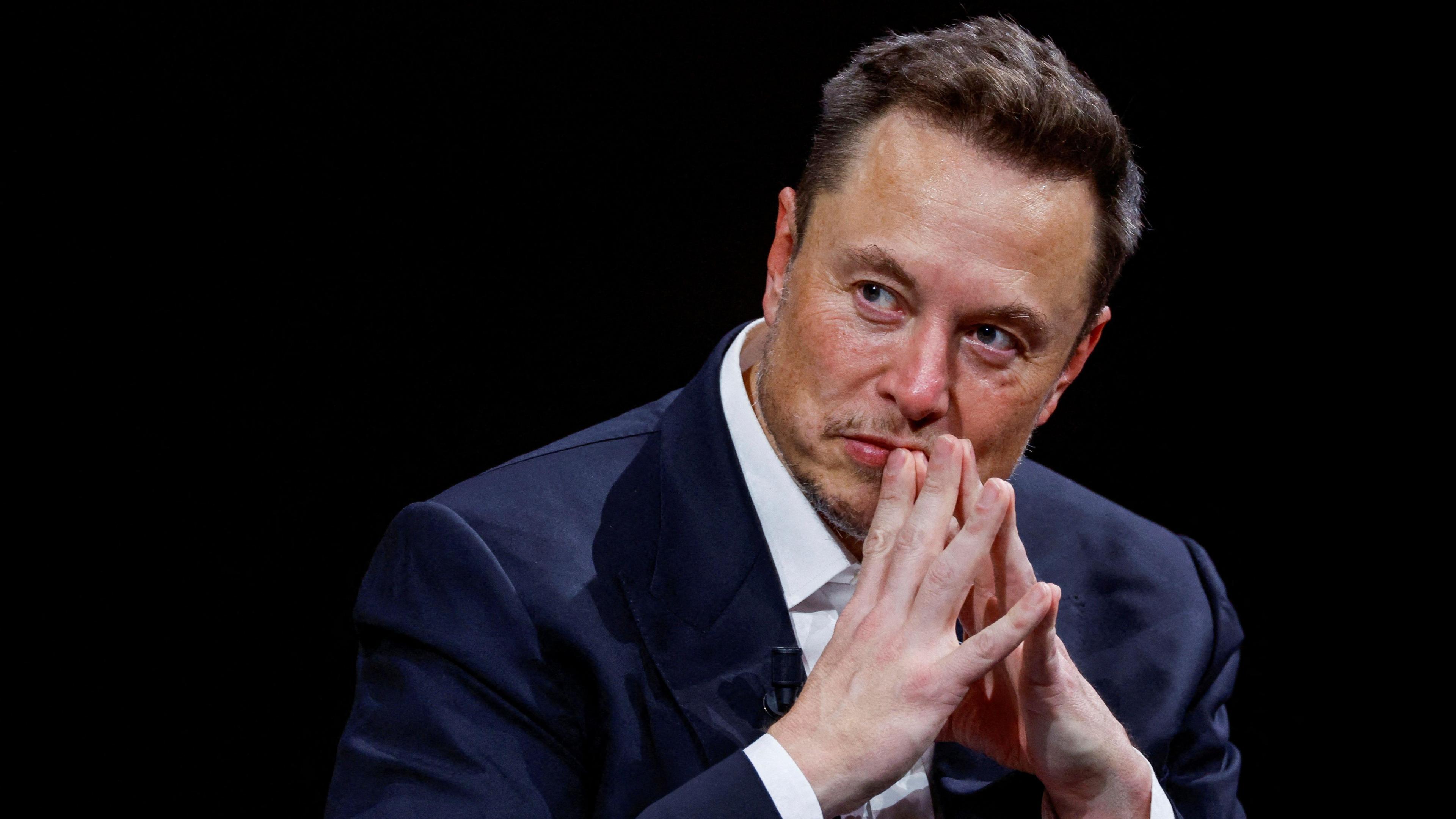
A Billionaire’s Mission Beyond Money
Earlier this year, Musk took to X (formerly Twitter) to defend the purpose of the pay package, framing it not as a cash grab, but as a matter of strategic control and corporate stability.
“It’s not about compensation,” Musk wrote in September. “It’s about having enough influence over Tesla to ensure safety if we build millions of robots. If I can be kicked out in the future by activist shareholders or advisory firms who don’t even own Tesla shares themselves, that’s not a future I’m comfortable with.”
That sentiment — part philosophical, part defensive — resonated with a large portion of Tesla’s retail investor base, many of whom see Musk not merely as a CEO but as the visionary force behind Tesla’s meteoric rise. According to company figures, around 75% of shareholders voted in favor of the trillion-dollar package, despite vocal opposition from some institutional investors and governance watchdogs.
Inside the $1 Trillion Pay Plan
The details of the compensation structure, revealed in a recent SEC filing, outline a complex system of performance-based milestones tied to Tesla’s long-term valuation and technological output.
If Tesla achieves an $8.5 trillion market capitalization by 2035, Musk will have the opportunity to earn up to 423 million shares of the company. At current prices, that could translate into roughly $1 trillion in potential equity value — a scale never before seen in the corporate world.
The payout is entirely contingent on meeting ambitious benchmarks that Tesla has set for itself over the next decade. These include:
-
Producing 20 million vehicles annually
-
Deploying 1 million fully autonomous robotaxis
-
Delivering 1 million Optimus humanoid robots to consumers
-
Achieving significant breakthroughs in AI-driven manufacturing and self-driving systems
For every $500 billion increase in Tesla’s market valuation, Musk earns an additional 1% of company equity. If all targets are met, Musk’s ownership stake could soar from its current 13% to nearly 29%, cementing his control over the company’s direction well into the 2030s.
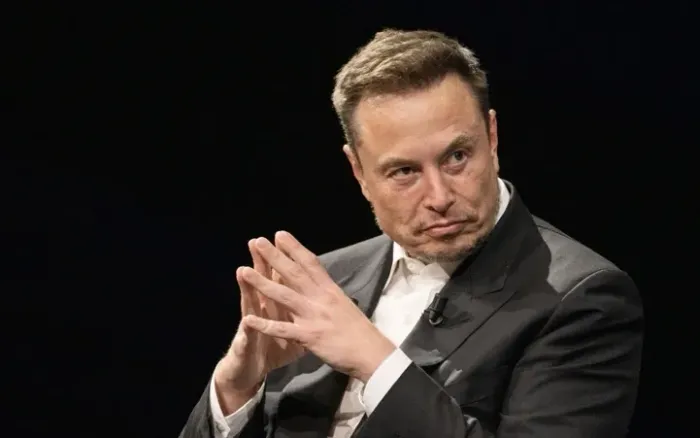
Legal Battles and Corporate History
The approval represents a dramatic comeback for Musk and Tesla’s board, following months of legal challenges in Delaware courts that nullified Musk’s 2018 compensation plan, once valued at $56 billion — at the time, already the largest CEO pay package in history.
That earlier deal, though approved by shareholders twice, was struck down by a Delaware Chancery Court ruling in early 2024, which called it “excessive” and “potentially tainted by conflicts of interest.”
In August, Tesla’s board advanced an interim plan worth $29 billion, granting Musk 96 million restricted stock units to retain his focus through 2030. Yet the trillion-dollar package approved this week goes far beyond that — redefining not only executive pay but also the future of how corporate power may be structured around charismatic leaders.
Tesla’s board chair Robyn Denholm emphasized that the package was designed to keep Musk engaged and aligned with the company’s long-term vision.
“Elon is integral to Tesla’s identity and mission,” Denholm said. “This package isn’t about rewarding short-term profits. It’s about ensuring continuity and innovation as Tesla leads in AI, robotics, and autonomy.”
A Vote of Confidence — and Controversy
The shareholder vote was not without contention. Critics argued that tying so much potential wealth to a single executive could set a dangerous precedent. Proxy advisory firm Glass Lewis, for example, urged shareholders to vote against the proposal, calling it “an irresponsible and unprecedented enrichment of one individual.”
But Tesla’s board — and evidently most investors — disagreed. Retail shareholders, who make up a large portion of Tesla’s investor base, rallied online in support of Musk, citing his track record of turning ambitious goals into tangible results.
Social media lit up following the vote.
“He earned it — no one else could have built Tesla into what it is today,” one investor wrote on X.
“If he makes a trillion dollars, that means Tesla became worth $8.5 trillion. Everyone wins,” another added.
Implications for Texas and the Future of Tesla
Tesla’s new headquarters in Austin, Texas, has become a symbolic hub for Musk’s growing business empire, which includes SpaceX, Neuralink, The Boring Company, and xAI. The Gigafactory Texas, located along the Colorado River, is now one of the largest manufacturing facilities in the world — and the cornerstone of Tesla’s push into autonomous driving and humanoid robotics.
If the trillion-dollar compensation plan succeeds, the economic ripple effects could extend across Texas, creating thousands of jobs and establishing the state as a leading center for next-generation technology manufacturing.
Despite the optimism, Tesla’s stock dipped slightly in after-hours trading following the announcement — a sign that some investors remain cautious about the plan’s feasibility and its long-term impact on shareholder dilution.
The Broader Meaning: Power, Vision, and Legacy
Under the terms of the plan, Musk will receive no salary, bonuses, or guaranteed equity unless Tesla reaches its stated milestones. That means his compensation is entirely tied to performance — aligning his personal fortune directly with the company’s success.
If achieved, the package could make Musk the first CEO in history to reach a trillion-dollar total compensation, solidifying his status not only as the richest person alive but also as a symbol of 21st-century entrepreneurial ambition.
For Tesla, it represents more than just a pay plan — it’s a vote of faith in a leader whose vision has repeatedly defied conventional limits.
“This is not just about Tesla,” said one analyst. “It’s about what kind of future the world wants to bet on — one driven by innovation and risk, or one constrained by corporate conservatism.”
As of now, the bet is clear: Tesla shareholders are all in on Elon Musk.
